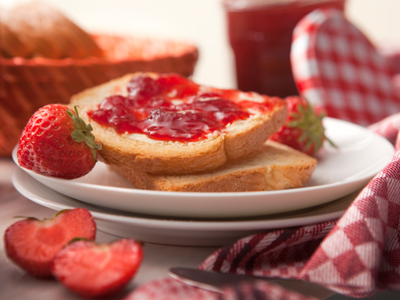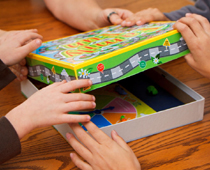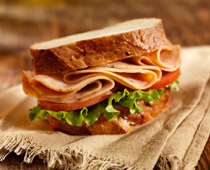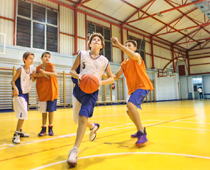
Ask the AI Tutor
Need help with Connectives / Conjunctions 01? Ask our AI Tutor!
AI Tutor - Lucy
Connecting with Tutor...
Please wait while we establish connection

I like toast.
Connectives / Conjunctions 01
Connectives and conjunctions link ideas together. This KS2 English quiz helps pupils learn how words like because, although, and but make writing clearer and more interesting.
To see a larger image, click on the picture.
1 .
2 .
3 .
Read the sentence and find the connectives and conjunctions.
We thought the cave was too dark to explore. The dog, however, had other ideas.
We thought the cave was too dark to explore. The dog, however, had other ideas.
thought
too
to
however
'However' is a connective. It connects the ideas in these two sentences. Using connectives in this way helps your writing to flow smoothly.
4 .
5 .
6 .
7 .
8 .
9 .
**Unlimited Quizzes Await You! 🚀**
Hey there, quiz champ! 🌟 You've already tackled today's free questions.
Ready for more?
Ready for more?
🔓 Unlock UNLIMITED Quizzes and challenge yourself every day. But that's
not all...
not all...
🔥 As a Subscriber you can join our thrilling "Daily Streak" against other
quizzers. Try to win a coveted spot on our Hall of Fame Page.
quizzers. Try to win a coveted spot on our Hall of Fame Page.
Don't miss out! Join us now and keep the fun rolling. 🎉
**Unlimited Quizzes Await You! 🚀**
Hey there, quiz champ! 🌟 You've already tackled today's free questions. Ready for more?
🔓 Unlock UNLIMITED Quizzes and challenge yourself every day. But that's not all...
🔥 As a Subscriber you can join our thrilling "Daily Streak" against other quizzers. Try to win a coveted spot on our Hall of Fame Page.
Don't miss out! Join us now and keep the fun rolling. 🎉
















